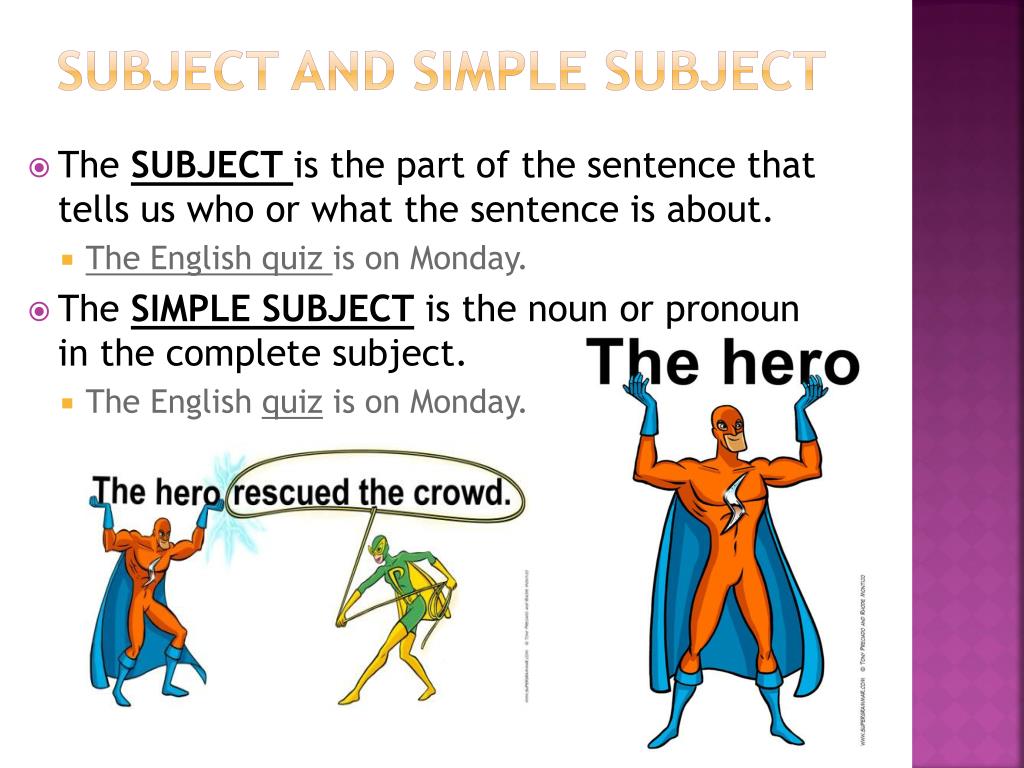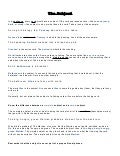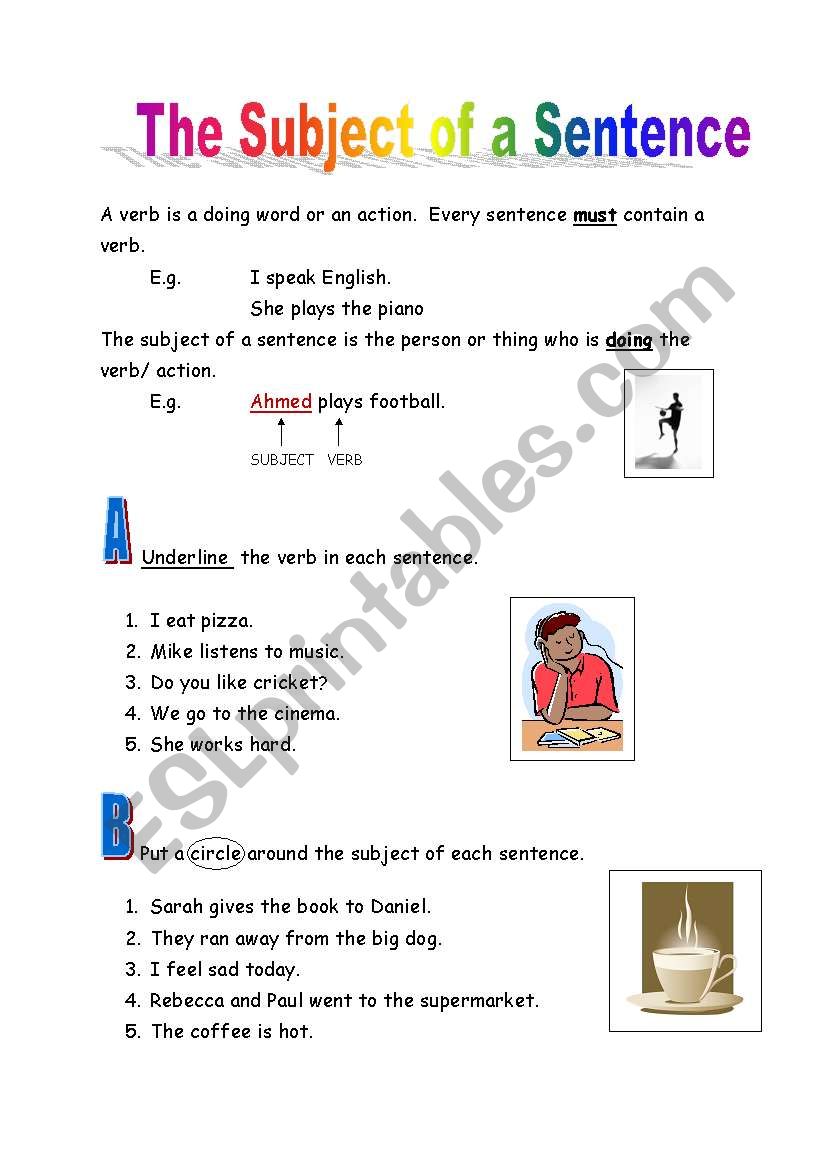


However, "tastes" is a linking verb, which means we need a word to modify the subject.

Knowing that adverbs modify verbs (like "tastes"), they opt for an adverb. It is ironic that this mistake is most commonly made by people who consciously think about whether they should be using adjectives or adverbs. "Badly" is an adverb, which can't be used as a subject complement.)

(Issue 1) Don't use an adverb as a subject complement.Ī subject complement is an adjective, noun, or pronoun. Here are two issues related to subject complements. However, if you're learning a language (like Russian) that puts its complements in a different case (the instrumental case in the case of Russian), then you might want to pay a bit more attention to spotting complements. In other words, we're good at subject complements. Subject complements do not cause many writing mistakes for native English speakers. It heads the adjective phrase "extremely happy." Therefore, "extremely happy" is a predicate adjective.) (In this example, "happy" is an adjective. Subject complements that are headed by adjectives are called predicate adjectives. It heads the noun phrase "a ghost." Therefore, "a ghost" is a predicate nominative.) Subject complements that are headed by nouns or pronouns are called predicate nominatives. As for me, except for an occasional heart attack, I feel as young as I ever did.If you put butter and salt on popcorn, it tastes like salty butter.(Remember that adjectives and nouns can come in the forms of adjective phrases and noun phrases too.) Opportunity is missed by most people because it is dressed in overalls and looks like work.Here are some more examples of subject complements: Don't forget adjectives (just like nouns) also come in the form of phrases.) (The linking verb is "looks." The subject complement describes the subject "That pie." It is an adjective. The subject complement identifies the subject "I." It is a pronoun.) (The linking verb is "am" (i.e., the verb "to be"). The subject complement describes the subject "He." It is an adjective.) (The linking verb is "will be" (i.e., the verb "to be"). The subject complement identifies the subject "Ben." It is a noun.) (The linking verb is "is" (i.e., the verb "to be"). In the examples below, the linking verbs are in bold and the subject complements are shaded: A subject complement is either an adjective, a noun, or a pronoun.


 0 kommentar(er)
0 kommentar(er)
